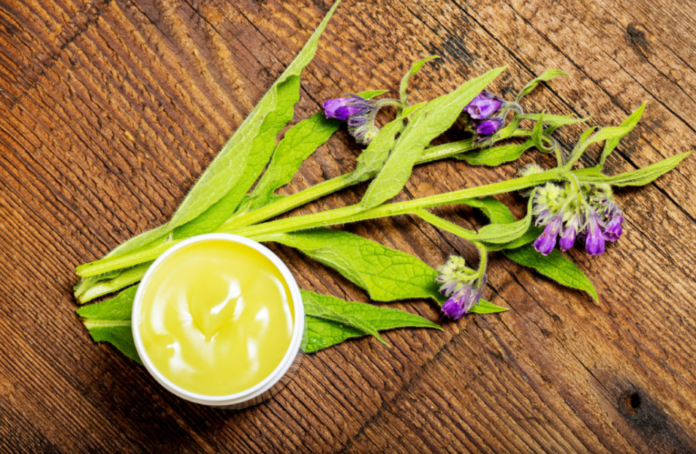For beauty enthusiasts, surely you are familiar with allantoin right? Allantoin is often seen in skincare ingredients such as serums, masks, moisturizers and so on. The benefits themselves are providing maximum moisture, overcoming cracked and peeling skin, and providing anti-aging benefits. Not only that, as there are other benefits of allantoin that make it a big hit in the skincare world, which is effectively calming inflamed, irritated and red skin. Therefore, allantoin is very suitable for treating sensitive skin.
Allantoin is right next to the cica and madecassoside trend, as an ingredient that can soothe the skin and is suitable for sensitive skin types. K-beauty experts also like Allantoin products as it is widely found in moisturizers, toners, and masks.
What is Allantoin?

Scientifically Allantoin is known as Aluminum Dihydroxy Allantoinate. It is found naturally in most organisms including plants, animals and microbes.
This ingredient is often extracted from the Comfrey plant, but when added to skin care products, it is produced synthetically in laboratories.
What are the benefits of allantoin for the skin?

Soothing the skin. Allantoin has the additional function of being a calming agent. Apart from being soothing, it also protects the skin by forming a complex with irritating and sensitizing agents.
Exfoliating. Apparently allantoin is also keratolytic which means it exfoliates dead skin cells and this helps with desquamation, the shedding of the outermost membrane or layer of tissue from the inside out.
Rejuvenating cells. Although this gentle ingredient can also be an effective anti-aging ingredient, allantoin is also very useful in facilitating the synthesis of collagen. Allantoin stimulates fibroblasts, the cells responsible for producing collagen and increasing the synthesis of extracellular matrix. That is the reason this content is a powerful rejuvenator.
Promotes skin healing. Allantoin has also been recognized as an ingredient that can help soothe injured skin and accelerate wound healing. It is often used to treat skin irritations and rashes.
Hydrating. The hydrating, keratolytic properties of allantoin can increase the water content in cells, therefore it can fight the damage of transepidermal water loss in the dermis which makes skin look plump and youthful.
Side effects
In general, allantoin is non-toxic and safe for cosmetic use. Additionally, it is also non-irritating, as it is a gentle anti-aging in skincare. This ingredient is good for most skin types, including sensitive skin because it has the added function of a calming agent.
But it is possible that some people are allergic to this herb, especially if it is used directly from crushed comfrey leaves and this should be avoided. Therefore, you should still do a patch test before adding this product to your daily routine.





